Table of Contents
Artificial intelligence has been shaping our world since the 70’s or even before. There were three big moments of investment going to Artificial intelligence, and those were:
- Neural networks – statistical machine learning algorithm, which is inspired by the general information processing strategy of the brain, later in the article we will talk more about it.
- Expert systems, which became some of the first truly successful forms of artificial intelligence (AI) software. It is an example of a knowledge-based system, which is composed of two sub-systems: the knowledge base and the inference engine. The knowledge base represents facts about the world. The inference engine is an automated reasoning system that evaluates the current state of the knowledge-base, applies relevant rules, and then asserts new knowledge into the knowledge base. The main idea is that intelligent systems derive their power from the knowledge they possess rather than from the specific formalisms and inference schemes they use.
- “Sub-optimus” approaches such as genetic algorithms, Support Vector Machine/Clustering, supervised learning models with associated learning algorithms that analyse data used for classification and regression analysis.
It started in 1950 when a handful of pioneers from the nascent field of computer science started asking whether computers could be made to “think” – What is machine learning? Manning.com-.
Nowadays, most of the current A.I shown on the TV and media is harmful and dangerous for our population (mad robots trying to destroy the earth or Terminators in pursuit of taking over the earth). Still, far from that futuristic scenario, I am going to discuss some of the real applications that A.I has and what are the core of this new machine intelligence.
Entrails of Artificial intelligence
A.I is nothing but thrust intelligence into machines, it is inspired in neural networks, but actually they are a very complex mathematical interpolation. Units with connections which are inspired in a very loose way by how the biological brain might work. However, neuroscientist have always tried to avoid this term due to the confusion that it may create. AI is about learning through experience by changing the connection strengths, so defining how strongly neurons influence each other. It goes through three phases: learning, execution and self-correction. It basically inserts the factor “experience” to the computer, so the computer can learn from it and improve every time a certain action is made.
To do that, A.I uses a process called machine learning, that gives computers the ability to learn without being explicitly programmed, and deep learning, which is a subset of architectures in the field of artificial neural networks.
Let’s start from inside in and make our way to the big picture.
Deep learning
Currently it is the most widespread A.I field, since it is the tool that brings machine learning and biological-type thinking closer. Deep learning is deep structured learning or hierarchical learning, it is part of a broader family of machine learning methods based on learning data representations, as opposed to task-specific algorithms. It mimics the biological brain neural networks in order to make a certain number of patterns by taking two things: Big data and a lot of computer power. Deep learning architectures such as deep neural networks, deep belief networks and recurrent neural networks have been applied to fields including computer vision, speech recognition, natural language processing, audio recognition, social network filtering, machine translation, bioinformatics. It is becoming more and more demanded by companies that want to be more efficient and want to innovate faster than their competitors.
Historically computer methods had been very bad at recognizing patterns or relations with each other, with neural networks it became much more simple. It breaks the complex relations down into a sense of simpler ones.
When we work with little amounts of data, methods like SVM (Support Vector Machine) could be a good option. However with current tendency of I.O.T (internet of things), everything is going digital and companies are starting to work all the time with more and more sets of data. To be able to manage those amounts of data we have to implement deep learning into our strategy.
The picture would look like this:
What is machine learning? Manning.com-
Machine learning
Machine learning is used by biggest companies to announce their latest innovation. To sum up, it is a software trained with an algorithm that allows it to learn from past information, from humans experiences, and generates insights from the data they have encounter with and apply it to future decisions. Machine learning is well-known is predictive analytics field. Machine Learning allows researchers, data scientists, engineers, and analysts to produce reliable, repeatable decisions and results and uncover hidden insights through learning from historical relationships and trends in the data.
For example,
- Computer program is said to learn from experience E with respect to some of tasks T and performs measure P if its performance at tasks in T, as measured by P, improves with experience E.
↓
- If a computer program can improve performance of certain class based on past experience then you can say, it has learned.
We usually categorise machine learning into three different names: supervised learning, unsupervised learning and reinforcement learning.
Supervised learning – Starting from the analysis of a known training set, the algorithm develops a function to make predictions about the output values. – Expertsystem.com
Unsupervised learning – It explores the data and can draw inferences from datasets to describe hidden structures from unlabeled data. – Expertsystem.com
Reinforcement learning – This method is about interacting with its environment by actioning parts and finding errors or rewards. It allows the system to find the best behaviour within its environment to maximise its performance. – Expertsystem.com
Current situation
Many philosophers considered life to be mechanical “Life being similar to a clockwork” – Descartes.
There has always been the need in the history of the humanity of understanding the human-thinking method and how biological thinking has been since the beginning as the most powerful machine.
Brands and companies have always been fighting for understanding, owning and managing in a better way all those amounts of information that we are using all the time. Right now, probably, all those instruments, tools and stuff that you are using on your daily basis are based on digital functions. That develops in huge quantities of data that tell the companies everything about us, what do we like, what do we say, for how long, what are we willing to change and what is untouchable for us. And A.I helps those companies to manage and control that information, increasing efficiency of the processes.
The big five – Apple, Google, Microsoft, Facebook and Amazon – are implementing their business market and products by using deep-learning neural networks.
Artificial Intelligence – Case study
The other day I attended a conference and the guy who was giving the talk, mentioned that he was a big fan of Amazon. He loved everything about it! From its business model, technology, how they´re growing and specially the strategy the follow to tackle and eliminate every single competitor from the market by giving their customers a better service. Besides, if we look at their logo, you will see AMAZON and an arrow starting from the first A and pointing to the Z. From A to Z, they have everything, they own the market. Everything you can think of you can find in Amazon.
He detailed one special product that Amazon launched, pure Artificial Intelligence – Alexa. It is another reference to the entire capacity of knowledge (Alexandria library). Alexa is the modern and updated version of Apple’s Siri. Alexa is your life. It can control your fridge and tell you that you are running out of beers, and with only one click on the app, Amazon Go starts a fulfilment of beers right at your home, in less than an hour.
Another example, Alexa has voice recognition, and that means that it can educate your kids. When your kids ask Alexa to buy Donuts, it can give a suggestion computed before by their parents, for example: “why don’t you go outside to run instead” / “what if we get apples instead”?
All that is done by using A.I. I believe that there is more to come after the recent partnership of Amazon with Microsoft. They put all those neural type of system into algorithms that add the “experience factor” to the equation.
Some people believe that besides the positive effects that A.I will carry by itself to the society, it will mostly destroy it, eliminating some of the human aspect of the production process. The most catastrophic point of view even claims that it will probably see us as less intelligence piece of life and will eliminate us. My point of view is rather near to those, who are excited and just like happened with the industrial revolution, it will transform the society, making it evolve and most likely change some of the current jobs.
I agree with Neil deGrasse Tyson on his statement: “Robots taking our jobs, be smart create something new”.
In conclusion, I would like to share with you another very good statement by Neil about Artificial Intelligence and the fear from it: “If all you think about are jobs today, and you project it forward, there might be a day when robots take over every job we have… today!!! But that is not the future. We have innovative people in society and they develop new stuff, we evolve. As i mentioned before, we do that all the time, with jobs that require to manage those machines, invent them, conceive them or engineer them. – Neil deGrasse Tyson
If you enjoyed this article about Artificial Intelligence, you may like as well:
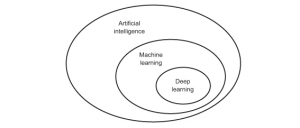
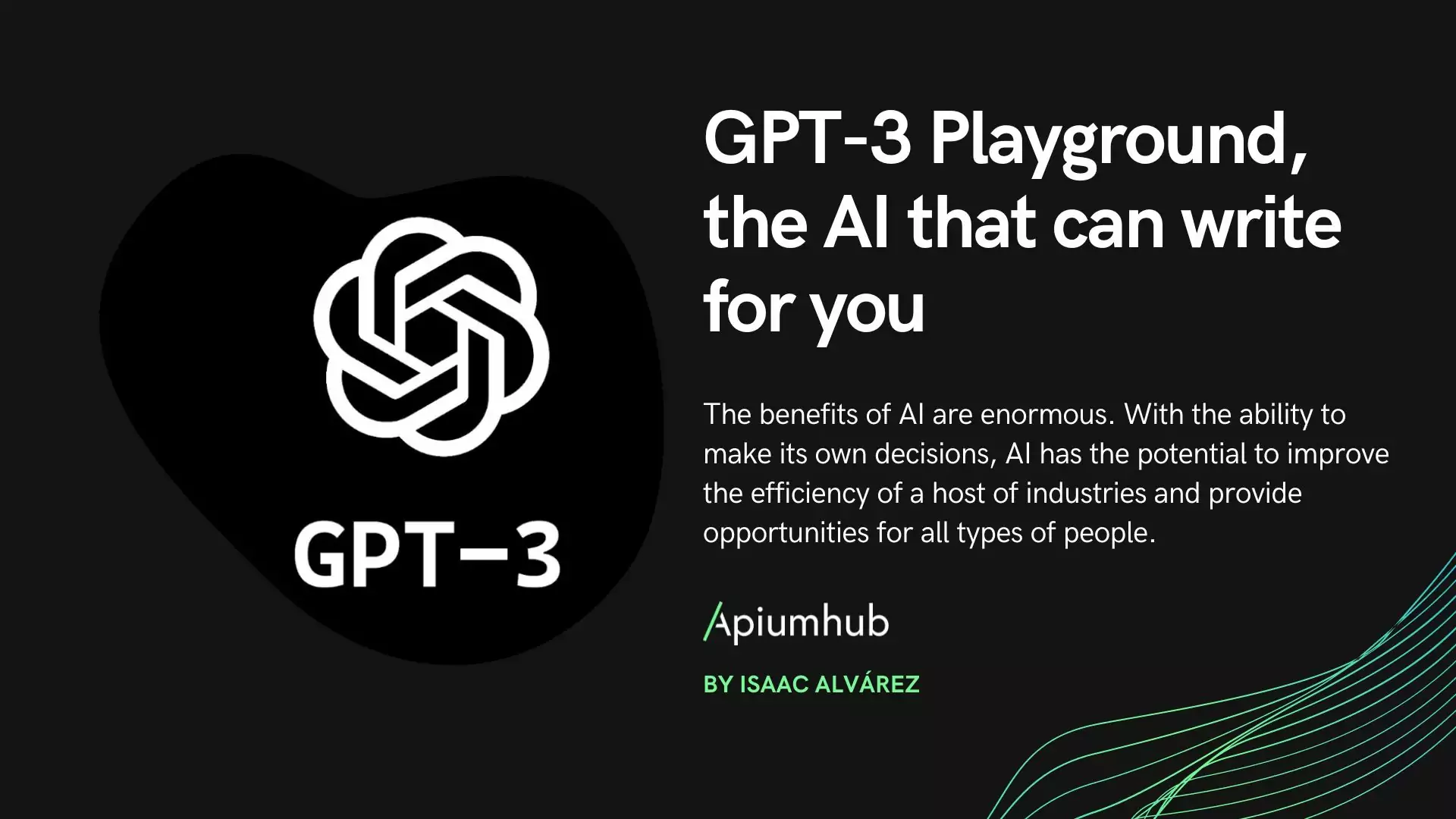
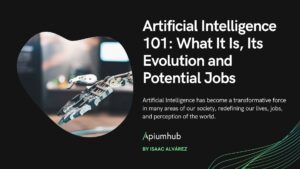
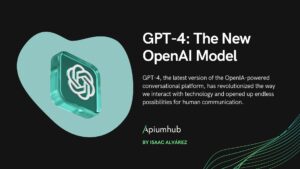
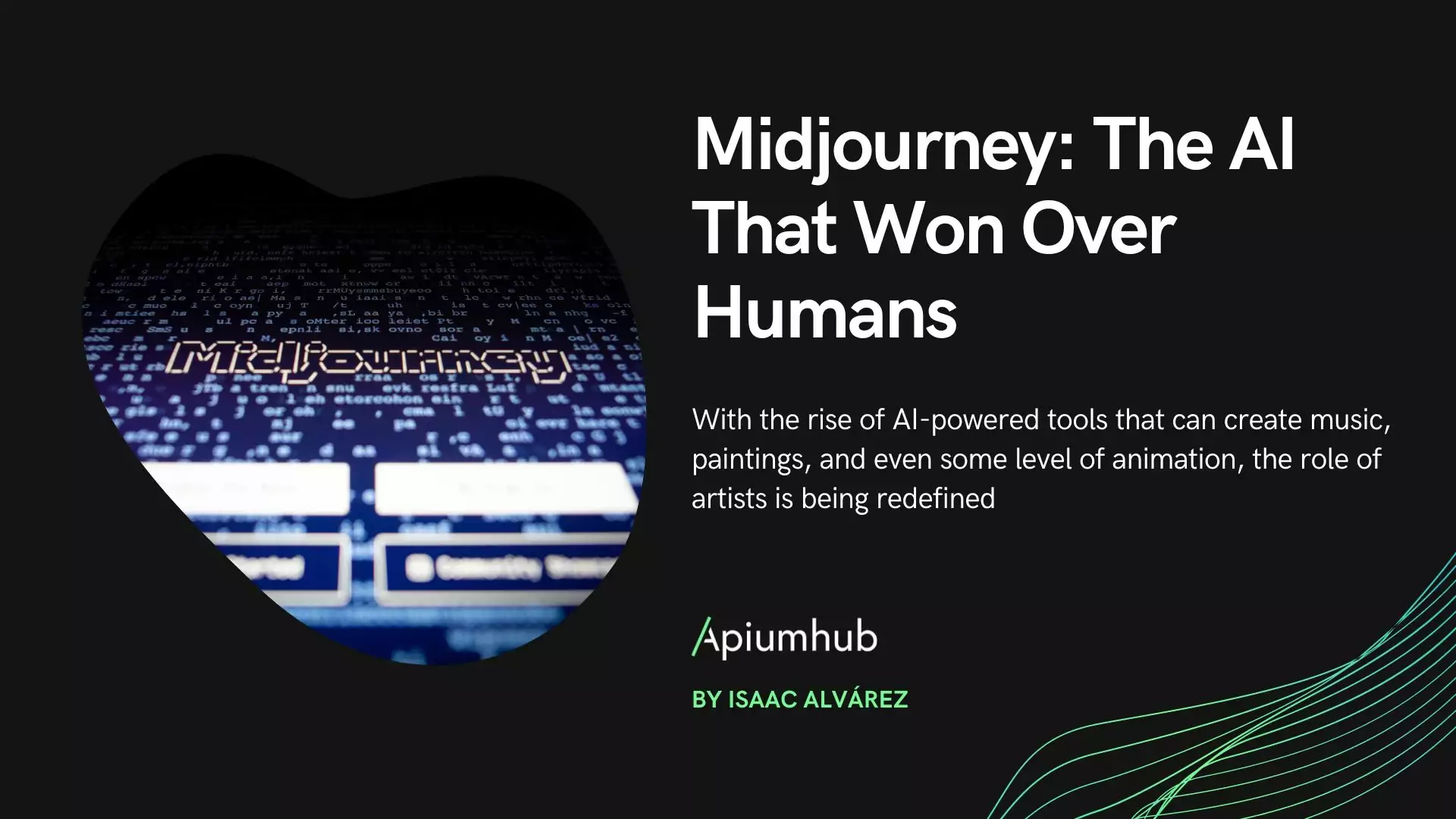
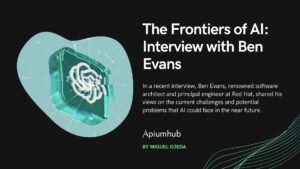
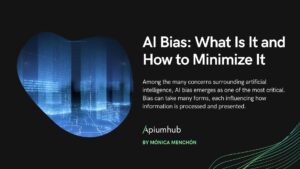




3 Comments
Manoj
It’s a nice article. I want to know more about Machine learning. Have you any post about machine learning?
David Ayza Enero
Hi Manoj,
Very glad you like my article! We work hard to bring you the best possible content.
Please, in this link you will find access to all three of our articles related to Machine Learning:
https://apiumhub.com/tech-blog-barcelona/tag/machine-learning/
Hope they are useful for you.
Thanks!
powerzeka
Good article, thank you!